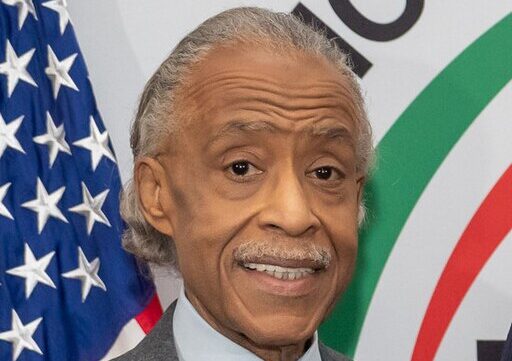Al Sharpton stirs debate by likening campus anti-Israel demonstrations to the capitol riots, prompting a swift rebuke from co-host Mika Brzezinski on MSNBC’s “Morning Joe.”
In a recent episode of MSNBC’s “Morning Joe,” Reverend Al Sharpton drew a contentious parallel between ongoing anti-Israel protests on college campuses and the January 6 Capitol riots, suggesting that Democrats might be relinquishing their “moral high ground” by not condemning these demonstrations. His remarks sparked immediate controversy, with co-host Mika Brzezinski quickly dismissing the comparison as inappropriate.
The discussion unfolded against a backdrop of police action at UCLA, where officers moved to disband an anti-Israel encampment, illustrating the intensity of the protests. Sharpton argued that by failing to speak out against such demonstrations, Democrats risked inconsistency in their moral stance, especially in light of their unified condemnation of the events of January 6. “How do the Democrats, how do all of us on that side say Jan. 6th was wrong if you can have the same pictures going on on college campuses, you lose the moral high ground,” Sharpton stated during the broadcast.
Embed from Getty ImagesBrzezinski countered Sharpton’s remarks, emphasizing that drawing parallels to the Capitol riots was off-limits, reflecting the sensitivity of comparing widely divergent events that resonate differently in the political landscape. This interaction underscored the tension within media circles and the broader public discourse over how to interpret and respond to civil unrest.
During the show, Sharpton further commented on the nature of the protests, critiquing the demonstrators for overshadowing the causes they purportedly supported. He noted that the focus had shifted from the issues at hand to the protesters themselves, diluting the original message. “Anytime what you are protesting for becomes secondary to what you are doing, then you really aren’t protesting for it,” he remarked, suggesting a loss of purpose among the protesters.
The incidents at UCLA are part of a larger pattern of demonstrations that have recently escalated into confrontations, as seen at Columbia University, where protesters took over an academic building. These developments have raised questions about the effectiveness and direction of campus activism, particularly regarding the Israeli-Palestinian conflict.
Sharpton’s use of “vote jihad” rhetoric has been particularly inflammatory, invoking a term that resonates with deep-seated fears and prejudices, which critics argue only serves to exacerbate tensions and promote divisiveness. This rhetoric, combined with the actions of the protesters, has prompted significant media coverage and public debate over the role of political leadership in shaping the discourse surrounding national and international issues.
As the discussion continues, the responses to Sharpton’s comments and the unfolding protests remain a focal point for media analysis and public scrutiny, highlighting the complex interplay between political rhetoric, media representation, and activist movements in shaping public opinion and policy responses
